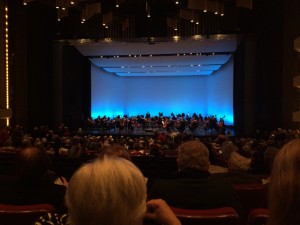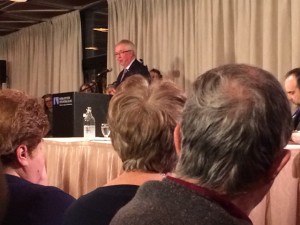As we heard late last week, the NDP’s democratic reform critic, Nathan Cullen, has been pushing his new idea of a “proportional” committee to better examine electoral reform options and come up with an idea that can be presented to Canadians. It’s a gimmick, of course, and it one has to be cognisant of Cullen’s agenda, which is of course a certain kind of proportional representation system that his party favours, just like Cullen’s other suggestion of “trying” an election with a new system and then asking voters for forgiveness by means of a referendum after the fact. It’s trying to game the system in a way he prefers, as Colby Cosh pointed out over the weekend, which should raise any number of red flags for those who take Cullen’s proposition seriously.
"One can view Cullen's proposal as reflecting a proportional system for allocating committee seats.” No, one can’t. https://t.co/Lr1BR2UrCy
— Colby Cosh (@colbycosh) February 6, 2016
Seriously, the Greens and the Bloc did not get one-twelfth of the 2015 vote BETWEEN them. Cullen gives them 2/12ths of the seats. Why?
— Colby Cosh (@colbycosh) February 6, 2016
“We can’t even use literal PR to pick the committee to bring in PR” is as strong a condemnation as PR could get, & it’s not from an opponent
— Colby Cosh (@colbycosh) February 6, 2016
Troublingly, it seems possible that PR advocates may not even know how to reckon proportions.
— Colby Cosh (@colbycosh) February 6, 2016
Why would we consider them together at all? Oh, right, because it’s advantageous for what Nathan Cullen wants. https://t.co/dR9EBr3sen
— Colby Cosh (@colbycosh) February 6, 2016
But, hey, we can’t expect the people who’ve been screaming about PR for years to know stuff like that. @BenBrisebois @EmmMacfarlane
— Colby Cosh (@colbycosh) February 6, 2016
This is actually an operating example of how politicians game the tricky details of an electoral reform. Before your very eyes!
— Colby Cosh (@colbycosh) February 6, 2016


